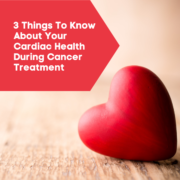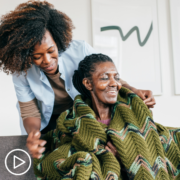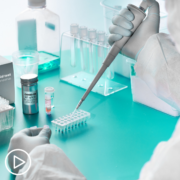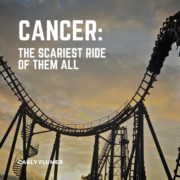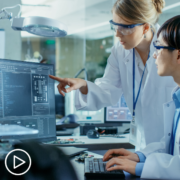3 Things To Know About Your Cardiac Health During Cancer Treatment
According to recent data from the American Cancer Society, 19 million new cancer cases were diagnosed in 2020 alone. However, times are changing, and cancer patients now have access to better treatment and thus an increased chance of survival. But sometimes the cancer treatment itself has detrimental effects on the body, especially the heart. This can predispose patients to heart diseases or worsen already existing symptoms. Furthermore, chemotherapy, radiation and immunotherapy can cause abnormally high blood pressure, arrhythmia, and in extreme cases, even heart failure. It is important, therefore, not to overlook the health of the heart, as it is vital to the chances of survival when undergoing treatment for cancer. The good news, however, is that the heart can be cared for through healthy life choices, and there’s a lot patients can do to protect themselves throughout their treatment.
How The Heart Is Involved
Chemotherapeutic agents in use during cancer treatment have been extensively studied for years and have some known side effects during the course of therapy. Drugs, such as Adriamycin, which is widely used as the first line of treatment for breast cancer, lymphoma, and leukemia, are known to have the highest risk of developing heart-related symptoms, with a 2% risk for developing heart failure. Two percent might not seem significant, but if combined with another chemo agent, Herceptin, which is used for HER2+ breast cancer patients, the lifelong risk for heart failure is now increased to 8-30%. In fact, adding stress to an already weakened cardiac system can lead to sudden cardiac arrest, which occurs when the heart stops beating suddenly, and is the leading cause of death in the US.
Becoming More At Risk Without Treatment
Although the side effects of some therapies are frightening, it is necessary to weigh up the pros and cons of undergoing chemotherapy. The cardiac problems are rarely present in those undergoing cancer treatment, but often enough that cardiac care and prevention should be focused on before the beginning of therapy. Over time, inflammation can lead to sudden irritation in the cardiac system, which can cause the formation of plaques and blood clots. This will also lead to triggers of a sudden heart attack.
Protecting the Heart During Cancer Therapy
Even with the advancements in medical innovations, treating cancer is not yet a precise science. Before chemotherapy can be authorized to begin by your oncologist, your medical history and results from various tests will be discussed by the medical team to pursue the most efficient treatment. Chemotherapeutic plans are specially tailored to each patient to ensure the best possible outcome and to not interfere with other conditions. During the course of treatment, regular check-ups to monitor the heart for potential conditions are vital so that problems can be found and addressed early on. Healthy lifestyles such as nutritious eating habits, daily exercise, and keeping blood pressure under control are additional, yet vital, ways to keep your heart healthy.
Detecting cardiac symptoms early is key in the treatment of heart problems. To protect your heart during and after treatment, pay attention to your entire body and maintain regular check-ups with your doctor. Not only will doing so give you peace of mind, but it will also pave the way for living a longer and healthier life.

